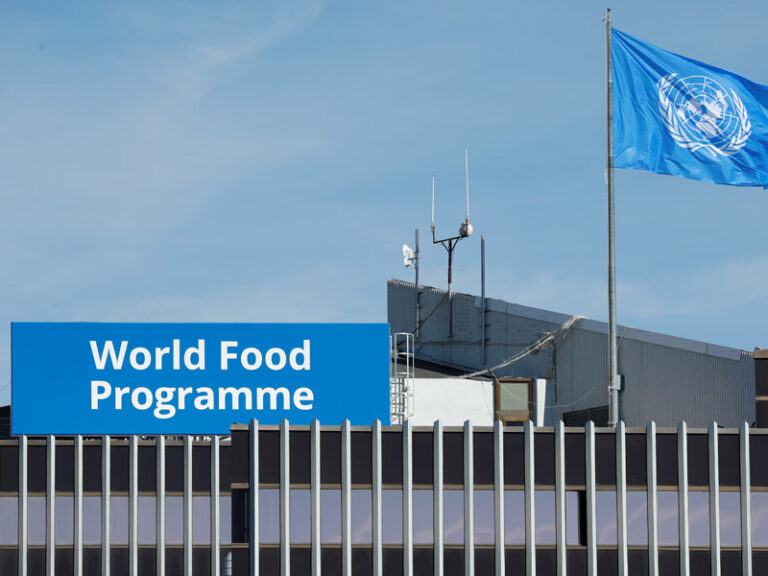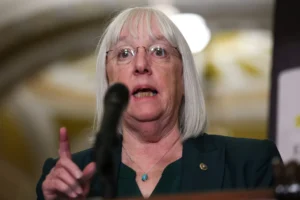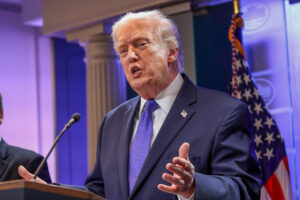The United States has lifted its suspension on food donations, allowing the resumption of critical aid deliveries, the U.N. World Food Programme (WFP) announced on Sunday.
The pause had delayed the shipment of 500,000 metric tons of food, leaving crucial aid stranded at sea or awaiting transport.
In a post on X (formerly Twitter), WFP confirmed the reversal of the freeze:
“We can confirm that the recent pause concerning in-kind food assistance to WFP—purchased from U.S. farmers with Title II funds—has been rescinded. This allows for the resumption of food purchases and deliveries under existing USAID agreements.”
The halt was imposed as part of President Donald Trump’s 90-day freeze on foreign aid, a policy aimed at reassessing U.S. contributions under his “America First” agenda.
Although a waiver was granted for emergency food assistance, Washington had also blocked WFP from proceeding with multiple U.S.-funded grants.
Among the affected programs was Food for Peace Title II, a $2 billion annual initiative that provides food aid to crisis-stricken nations.
The aid suspension disrupted food deliveries to countries facing severe hunger crises, including:
- Yemen
- Democratic Republic of Congo
- Sudan
- South Sudan
- Central African Republic
- Haiti
- Mali
A report from USAID’s Office of Inspector General, released Monday, warned that the pause put over $489 million worth of food aid at risk, increasing concerns over spoilage, storage issues, and potential diversion.
With the suspension lifted, humanitarian organizations can now restart deliveries, but experts warn that the disruption has already caused significant delays, further worsening food insecurity in fragile regions.
As the Trump administration continues to reassess foreign aid priorities, global humanitarian groups remain on edge, watching for potential future funding cuts or policy shifts.



























